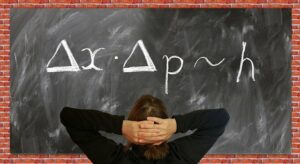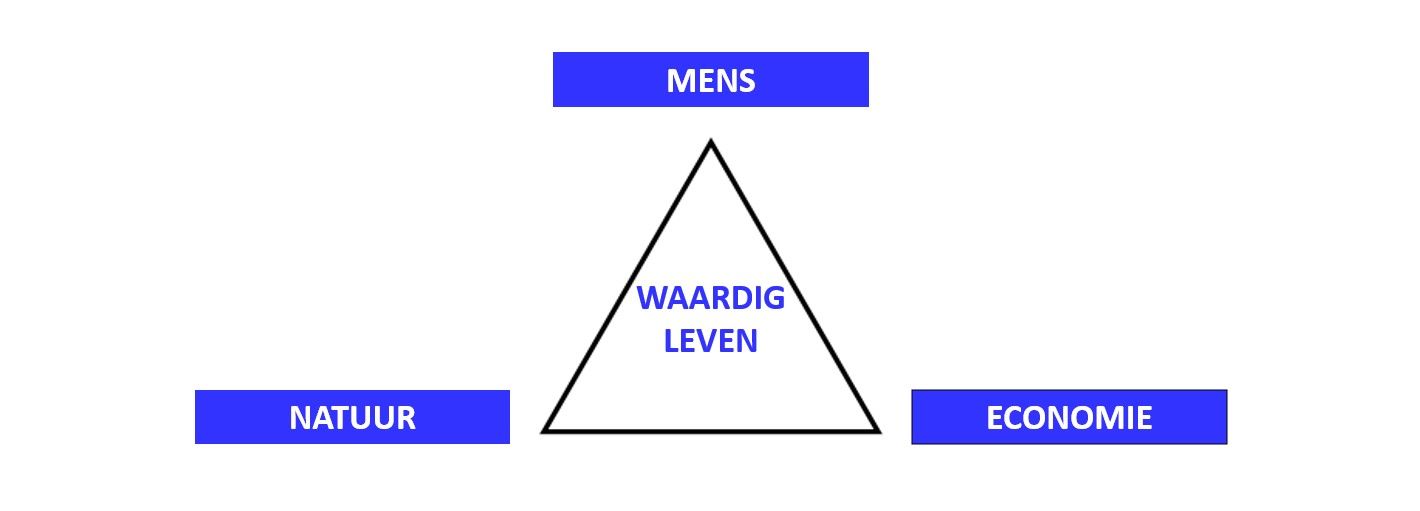Are you absolutely certain? Do not spread uncertainties!
On January 30, the chief editor of the Belgian daily newspaper Le Soir [Delvaux 2021] published a striking article headed Parliament is the guarantor of democracy, not Twitter.
I have translated the first paragraphs for you: We definitely do not need another Twitter “battle” between politicians and experts! The most recent exchange opposed the President of the French liberal party MR to Prof. Marc Van Ranst. Politicians claim he is too pessimistic, too omnipresent in the media and too weak in his arguments. Van Ranst counts himself lucky that these politicians are not virologists.
Moreover, the President of the Flemish liberal party Open VLD believes that the experts should not comment on matters about which they are not certain. Prof. Emmanuel André is resorting to bazooka fire, accusing, without naming him, the MR President of “stumbling in the mud of populism”.
Expressing displeasure on Twitter is hard to approve
There is no doubt that it is essential to have a debate on the Belgian strategy against COVID-19. A debate on Twitter however − if you could possibly stage a debate on Twitter − cannot protect Belgian democracy. Also, politicians seem to be calling for absolute scientific certainty. This clearly illustrates that their messages are poorly argued. They simply lack seriousness.
It is sometimes useful to recall the wise words of past scientists. I refer to the French biologist and humanist, Jean Rostand (1894 – 1977): … the truth I revere is the modest truth of science, the relative truth; fragmentary, provisional, always subject to retouching, correction, repentance … because, what I dread most is the total and definitive truth, the truth with a capital T, which is at the base of all sectarianism, all fanaticism and all crimes … [Rostand 1967].

It is all too easy to think that science creates absolute certainties. In other words, if there is no certainty, people think the science is wrong or at the very least incomplete. For Rostand, science is dynamic, and the truth is fragmentary and incomplete. Science, therefore, does not provide us with certainty; it provides us with a better trade-off between the inherently different expert opinions; a best compromise. This offers subtantial safeguards, but never absolute certainty.
Decisions must always be taken in a situation of uncertainty!
Policymaking during a pandemic can be extremely challenging
The COVID-19 pandemic highlights critical decision problems faced by governments. Policymakers are expected to take action to protect the population from the disease, while they still lack information on both the viruses (in the plural, because several new variants of the original virus have already been identified) and their transmission mechanisms as well as on the effectiveness of possible measures and their consequences on public health and the socio-economic situation. Any rational policy decision must use the best available scientific evidence, typically generated by expert opinions and modelling studies [Morgan 2019; Berger et al. 2021].
Moreover, it goes without saying that the inability to handle uncertainty may result in overlooking valuable insights from alternative sources and therefore in misinterpreting the state of the COVID-19 outbreak. This potentially leads to suboptimal decisions with disastrous consequences [Chater 2020]. Berger et al. [2021] argue that insights from the decision theory − the interdisciplinary approach to arrive at the decisions that are the most advantageous given an uncertain environment − help frame policy challenges and ambitions.
It is common practice to report policy analyses with incredible certainty
Meaning exact predictions of policy outcomes are routine, while expressions of uncertainty are rare. Predictions and estimates are however often fragile, relying as they do on unsupported assumptions and limited data. It often turns out that the expressed certitude is not credible.
To make decision-making under uncertainty more efficient, it is recommended to transparently acknowledge and communicate the various uncertainties [Manski 2019]. All advisors, including policy collaborators as well as academics, would then need to synthesise all the data to help policymakers turn them into actionable information for decisions, while making sure the complete range of uncertainty is properly understood and clearly reported.
Policymakers are responsible for communicating to professionals and the public
High-quality communication should be an essential part of the policy response to uncertainty. People do not need a pat on the back or denigrating generalisations; they need the truth including its securities and uncertainties. Superficial messages on Twitter, which do not reveal a positive attitude, but are liable to give rise to mutual insults, have no added value at all.
One of the possible lessons we have learned from the COVID-19 management experience is that policymakers, experts and reporters must increase the transparency of their approaches and communications [Berger et al. 2021]. Using the constructs from decision theory in policymaking, even informally, might favour prudent navigation through the uncertainty that pervades this and future pandemics.
Twitter is simply not an appropriate medium for emphasising essential data and information. It has never made me any wiser. Why then should I be a Twitter fan?
References
Berger et al. [2021]. Rational policymaking during a pandemic, Proceedings of the National Academy of Sciences 118, 4, pp. 7
Chater [2020]. Facing up to the uncertainties of COVID-19, Nature Human Behaviour 4, 5, 439 – 439
Delvaux [2021]. Le Parlement est le garant de la démocratie, pasTwitter, Le Soir, January 30
Manski [2019]. Communicating uncertainty in policy analysis, Proceedings of the National Academy of Sciences 116, 16, 7634 – 7641
Morgan [2019]. How decision makers can use quantitative approaches to guide outbreak responses, Philosophical Transactions of the Royal Society B 374, 1776, 20180365.
Rostand [1967]. Inquiétudes d’un biologiste, éditions Stock
